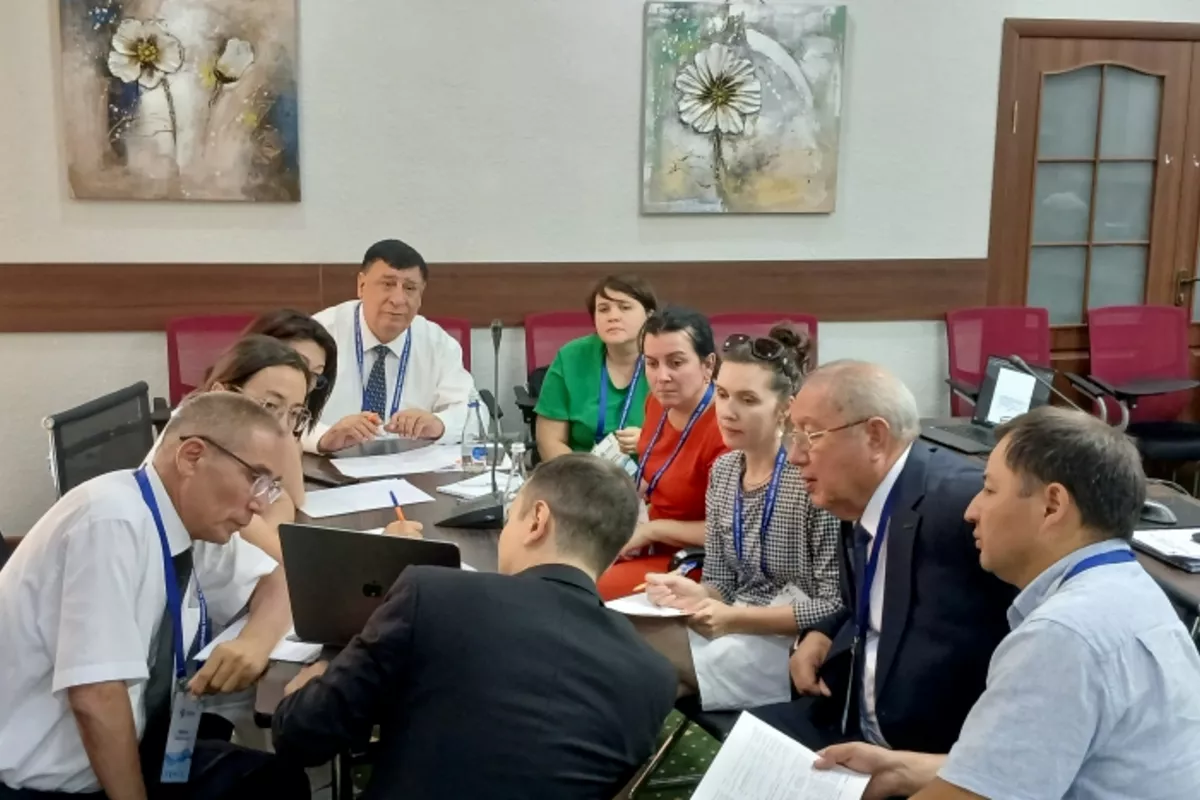
Turkmen specialists have played a prominent role at the recent Central Asia Cryosphere Seminar in Issyk-Kul, Kyrgyz Republic, where scholars and policymakers gathered to address the impact of climate change on glaciers and water resources.
The event was held under the Central Asia Cryosphere Project - “Strengthening the Resilience of Central Asian Countries through Regional Cooperation on Snow and Ice Systems for Integrated Approaches to Sustainable Development and Climate Change Adaptation” - funded by the Global Environment Facility (GEF), the United Nations Development Programme (UNDP), and the United Nations Educational, Scientific and Cultural Organization (UNESCO), The Caspian Post reports, citing Turkmen media.
Participants examined the impacts of climate change on glaciers and water resources, and explored regional cooperation strategies for adaptation.
Turkmenistan’s delegation played an active role in the discussions, highlighting the country’s priority on effective water resource management. They shared insights from the Turkmen Lake “Altyn Asyr” project and initiatives to train young environmental specialists in universities and schools - contributions that were highly commended by attendees.
The main program began with a review of a draft “Roadmap” aimed at strengthening higher education in cryosphere studies. Experts pointed to a shortage of young specialists and a gap between academic training and market demands.
The working groups developed the Cryosphere Vision 2050 - a regional program with five core objectives:
Implement a unified methodology for studying and monitoring the cryosphere.
Expand and improve monitoring systems.
Build research partnerships.
Increase public and professional awareness of cryosphere impacts.
Enhance specialist training programs.
The seminar concluded with a technical visit to the Tian-Shan mountain station, where participants observed international cryosphere research in action. Organizers stressed that such events are vital for fostering regional collaboration and preparing joint responses to the challenges of climate change.
Share on social media